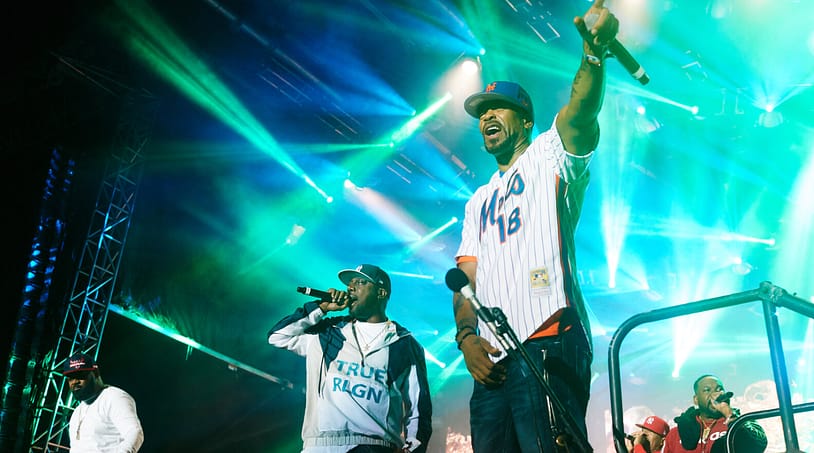The Wu-Tang Clan’s album, “Once Upon a Time in Shaolin,” previously surrounded in secrecy, has taken a new turn. PleasrDAO, a digital art collective, has acquired the album and is pioneering its distribution as an NFT, making it accessible to the public for a nominal fee. This move significantly shifts the album from its past exclusivity to broader accessibility.
Democratizing Art Through Digital Platforms
Auctioned to Martin Shkreli in 2015 for $2 million, the album had a clause delaying its release for 88 years. However, after Martin Shkreli’s 2017 securities fraud conviction, authorities seized his assets, and PleasrDAO bought the album in 2021 for $4 million. Now, they’ve teamed with Privy, Crossmint, and Holograph to distribute the album on Coinbase’s Layer 2 network, Base.
For every dollar received from these NFT sales, the waiting period for the album’s full public release decreases by 88 seconds. Initially, fans can access a five-minute sampler for just $1. Interestingly, purchasing the NFT doesn’t require cryptocurrency, making it accessible to a wider audience.
Striking a Balance Between Secrecy and Accessibility by PleasrDAO
The album’s journey from an exclusive artifact to a piece of democratized digital art reflects a significant transformation in how we value music. PleasrDAO aims to preserve the artistic vision of the Wu-Tang Clan while extending access to the general public. Their efforts are also ensuring that the original producers, including RZA and Cilvaringz, benefit financially from the NFT sales.
The release strategy has not been without controversy. Method Man criticized the album’s secretive handling as gimmicky, expressing frustration over being kept out of the loop. Despite these challenges, the initiative highlights a broader shift in the music industry, from mass replication to personalized digital experiences.
The album is currently on display at the Museum of Old and New Art in Tasmania. Further it has been featured in private listening sessions in New York. Meanwhile, PleasrDAO recently filed a lawsuit against Shkreli, alleging unauthorized reproduction and public performance of the album. This legal action underscores the complexities of maintaining the integrity and value of digital artworks in the blockchain era.
As the digital and physical realms of art continue to converge, initiatives like this could redefine cultural consumption, bridging the gap between artists and audiences in innovative ways.




